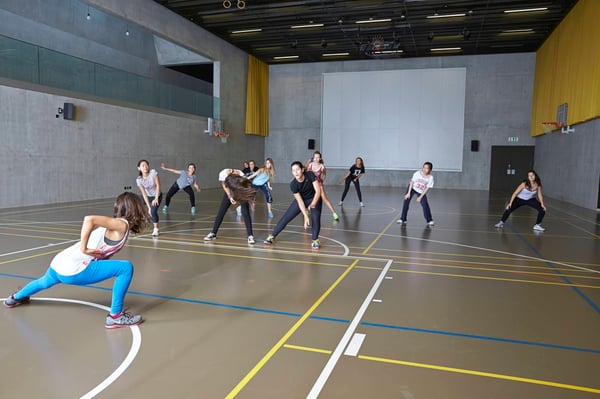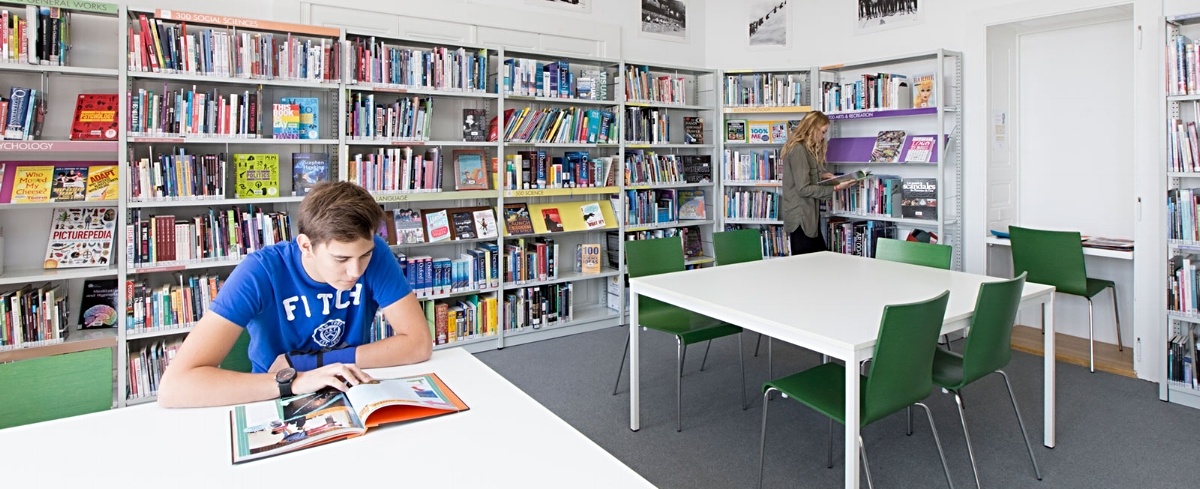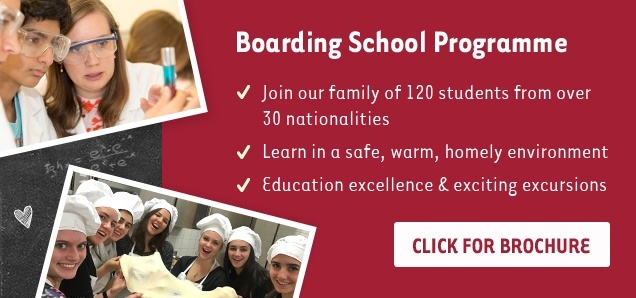It’s that time of year when the stress levels start to rise!
With exams coming up, you might be wondering how you will find the time to cover everything you need to know. Revision for exams can be overwhelming. However, with good planning and a structured approach, you can break up your study sessions - and make it much easier to learn the content.
Remember, revision is just a recap of the work you have already done. With study aids and a sensible timetable, you can help yourself remember that important information and prepare for those exams.
Talk to your teachers
Your teachers know you. They know your strengths and they know which areas may need support and reinforcement. They know you as a person and over the months or years they’ve spent supporting you, they understand how you function, not just in understanding the subject but in your organisational skills and ability to cope with pressure.
Your teachers have probably shared their revision preparation strategies with you already but don’t be afraid to ask them for clarification and further help. They are there to help you, to support your efforts and ultimately, to celebrate your accomplishments. They absolutely have your best interests at heart.

Find your learning style and use it to learn
Every person’s brain is unique. This means that when it comes to revising and learning, one method might not work as well for someone as it does for others. Figuring out your personal learning style can help you develop more effective revision techniques. Consider what type of learner you are, and what helps you to remember information.
Studies have identified four distinct learner types. These are:
- Visual: Image based learning
- Aural: Sound and music based learning
- Verbal: Speech and writing based learning
- Physical (kinesthetic): Touch and movement based learning
There are plenty of study aids available which target each type of learner. Book-based learning is still the best option for verbal learners, but this won’t work for everyone. Image-led study guides, audio downloads and podcasts, physical exercises and other techniques can all improve fact retention. When it comes to pre-exam study, there is no right or wrong way. Find something that works for you, and go with it! If it helps you remember the information, it is right for you.
Prepare a revision timetable around your schedule
If you want to make the most of the time you have to study, you should create and stick to a timetable. Just like your lesson plans, a revision timetable outlines blocks of time during which you will work on your subjects. During these times, you can focus solely on a single subject. This will prevent you becoming overwhelmed, and break up study times.
Use a timetable to plan your study. Include blocks of time for all of your subjects, and you could even break down those subjects into particular topics. If you feel you need more time on a particular subject or topic, add in extra sessions.

Everybody has different times of day when study is most effective. Some learn better in the morning, others find it easier to concentrate in the afternoon or evening. You can plan your study timetable around your own routine, and work hard when it suits you best.
Take care of your body and mind
If you don’t look after yourself, you'll find revising a whole lot harder. You need plenty of rest, water, healthy food, and exercise! When exams are approaching and you want to do well, it can be tempting to fill all of your time with revision. However, too much study could actually see you learning less, not more!
By taking good care of yourself, and fuelling your body and mind with the good stuff it needs, you are setting yourself up for exam success. Avoid those marathon revision sessions, and study in manageable time blocks instead. Aim for 1-2 hours at a time.
Don’t get stressed!
Exams are one of the most stressful times in a young person’s life. Preparing for exams can seem like a huge and impossible task. However, it is important to reach out to your friends, family or teachers if you are struggling to cope. When you become too overwhelmed by revision, you stop learning anything effectively. Use the tips above to create a learning schedule, and make your study space a calming, comfortable place.
If stress does creep in, stop what you are doing and try this simple breathing exercise.
- Breathe in for the count of two, and out for the count of five.
- Breathe in for the count of three, and out for the count of five.
- Breathe in for the count of four, and out for the count of five.
- Breathe in for the count of five, and out for the count of five.
Taking a few deep breaths can help you find yourself again, push out the rising panic, and get you focused for the task at hand. You could also try getting a glass of water, or going for a ten minute walk, before returning to the books.

5 quick tips for exam success
In addition to the suggestions above, here are 5 more ways to increase your learning power and make the most of your revision times.
- Use past papers as study aids. Look at questions previously asked, and practice answering them. Your teacher can give you advice on your answers.
- Create a quiet, peaceful place for studying. This could be a desk in your room, a comfortable spot in the living room, or your local library.
- Turn off your phone and stay away from the TV and other distractions - such as social media! Instead, gentle classical music can help you to concentrate.
- If it works for you, study with your friends. Ask each other questions, repeat facts to each other, and use each other’s knowledge to further your own.
- Notes and flash cards can make a big difference. Write important information down in a simple way, and then read it back often to jog your memory.
Part II of this article - revision tips from teachers, will be published shortly.
Want to learn more about the education at Brillantmont International School or ready to register your child in our programme? Click the link below.





